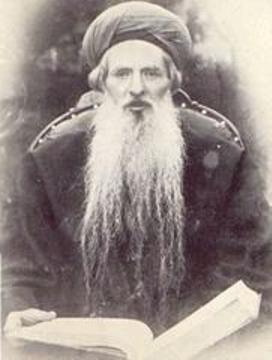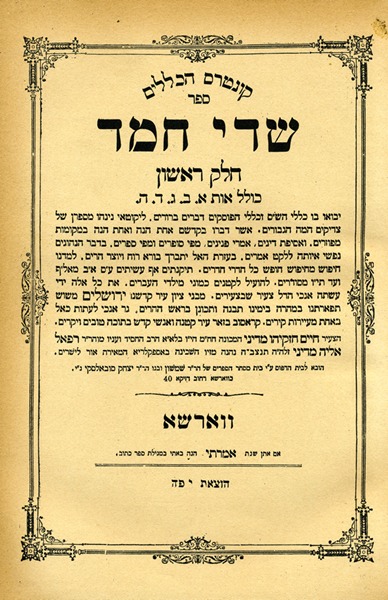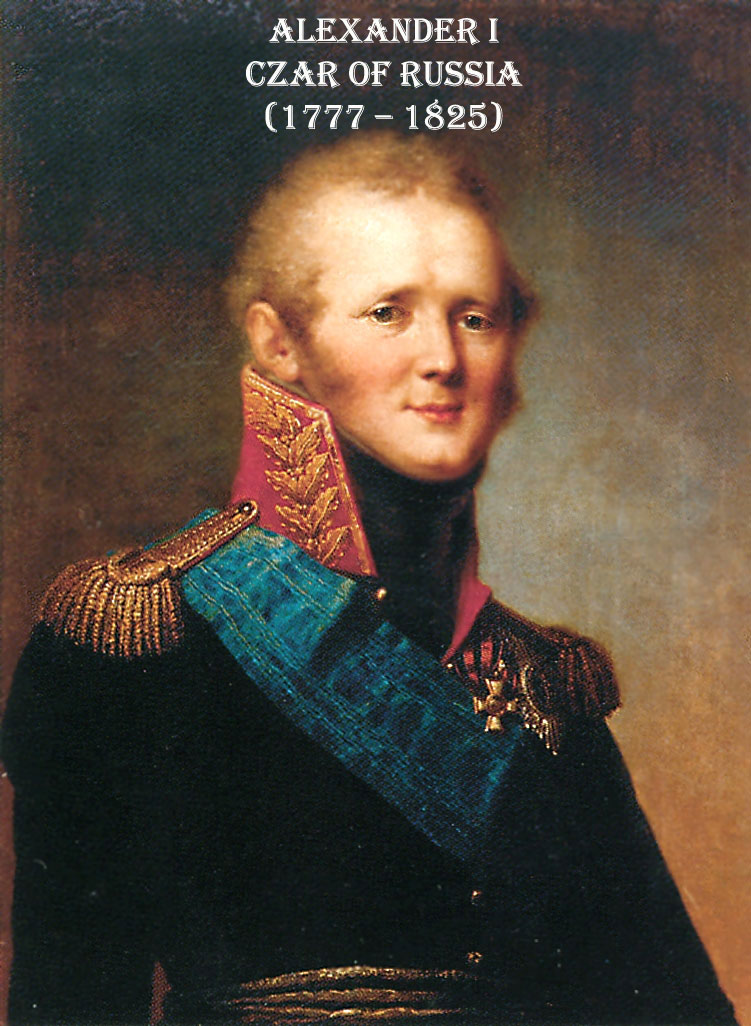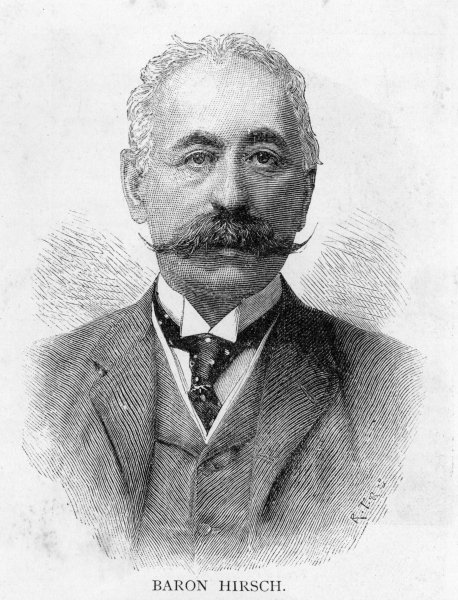On October 7, 2013, Rabbi Chaim Ovadia Yosef passed away. By some estimates, one million people attended his funeral. 93-years-old at the time of his passing, he was the undisputed leader of Sefardic Jewry, and one of the greatest Torah scholars of his generation. He was also one of the great heroes of the century and to a certain extent he revitalized Sefardic Jewry. His motto was lehachazir atara l’yoshna, “restore the crown [of Torah] to its original glory.”
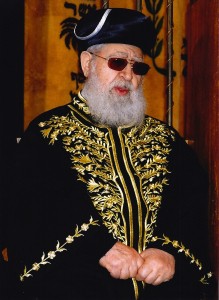
In the long history of the Jewish people, the Sefardim and the Ashkenazim have not often met. However, when they did meet, the Sefardim usually became “Ashkenized,” i.e. they took on the customs and lifestyle of Central and Eastern European Jews. For instance, there is a proportion of the Lithuanian Jewry who really is Sefardic. After the expulsion from Spain in 1492, some Sefardim ended up in Lithuania and became known as “Litvaks” (Lithuanian Jews). There was a great Lithuanian rabbi, Don Yichye in the 19th century, whose family originated from Spain. Rabbi Baruch Halevi Epstein – a great early 20th century scholar whose works on Jewish law are seminal – wrote that anyone whose name is Epstein and is a Levi, is really named Benveniste, originating from a famous Sefardic family. The reason they are called Epstein is that on the way from Cordova to Vilna, they stopped in the German city of Eppstein and became “Epstein.”
Contemporary Jewish historian Rabbi Berel Wein comes from a line of seven generations of rabbis from a small town in Lithuania, but the family also originated from Spain. The name Wein is really Vien because on the way from Spain to Lithuania they stopped in Vienna and became Vien. Basically, that is how Sefardim became “Ashkenized.”
When the Sefardic communities came to Israel, the secular Ashkenazim immediately attempted to secularize and Ashkenize them. Rav Ovadia Yosef is the one who reversed that injustice. He was able to rally the Sefardim all over the world, not just in Israel.
Part of our culture, certainly in the religious world, includes a lack of reverence for authority. There always is another rabbi. Why do I have to listen to him? I can listen to somebody else. There is no unity. One of the great things Rav Ovadia Yosef did was that in his incomparable scholarly greatness no one could dispute his rulings. There was no other Rav Ovadia. He thereby unified people and restored the idea of reverence for Torah, reverence for Torah scholars. Whatever he said — whether you liked it or didn’t like it, whether he said it nicely or didn’t say it nicely, whether he was correct or more correct – once he said it, it had authority. That is how he was able to restore the crown of Torah to its original glory.


